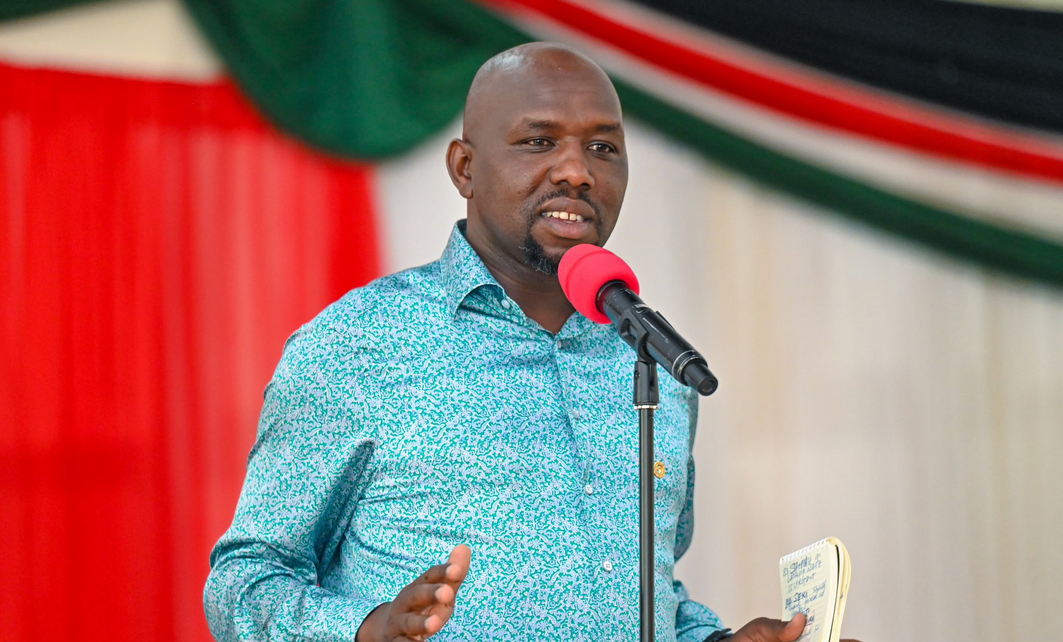
Nacada’s stand, language crisis dividing generations
Kenya's youth need genuine mentorship and responsible leadership
“I’ve not heard any church leader stand up to support this policy. And yet they are the ones who preach about protecting the youth,” he said.
In Summary

Audio By Vocalize

Interior Cabinet Secretary Kipchumba Murkomen has criticised church leaders for remaining silent on the government’s push to tighten alcohol laws, accusing them of failing to defend the moral and health interests of the youth.
Speaking in Kajiado
on Friday, Murkomen expressed concern that religious institutions have not
publicly backed the National Authority for the Campaign Against Alcohol and
Drug Abuse (NACADA)’s proposals to raise the legal drinking age to 21 and ban
alcohol sales near schools and playgrounds.
“I’ve not heard any
church leader stand up to support this policy. And yet they are the ones who
preach about protecting the youth,” he said.
Murkomen said the
church, often vocal on matters of morality, should be at the forefront in
supporting efforts to protect young Kenyans from harmful exposure to alcohol.
The CS defended the
proposed reforms, noting that the current environment—where alcohol is
advertised during children's TV hours and sold near schools—undermines the
moral and physical development of minors.
“We said alcohol
should not be consumed at one, two or three o’clock when children are watching
television and see people advertising alcohol,” he said.
“We said it should
not be sold or consumed in places where children go to play or train.”
Murkomen also
supported NACADA’s call to raise the legal drinking age from 18 to 21,
questioning the ethics of targeting under-21s as a profitable market.
“If we take it to 21
years, is that wrong? Companies shamelessly say they’ll make less profit if
alcohol is restricted to those over 21. Are we really okay making profits from
18-, 19-, and 20-year-olds?” he posed.
He rejected
arguments that the regulations would hurt the economy, insisting that public
health must come first.
“If we can justify
selling alcohol near schools and advertising it during prime time when all
children are watching, then we have a serious problem as a country,” Murkomen
said.
He cited global
examples like the United States, where enforcement of the legal drinking age is
strict, and club access requires valid identification.
Murkomen maintained
that the government is determined to implement the new policy, regardless of
resistance from vested interests.
“We must regulate
alcohol, even if it’s good alcohol, because our priority is protecting the
people of Kenya,” he said.
The National Policy
on the Prevention of Alcohol, Drugs and Substance Use (2025) outlines measures
aimed at addressing the rising crisis of alcohol abuse in the country,
particularly among youth.
These include
banning the sale of alcohol near schools and religious institutions and
introducing stricter rules on alcohol advertising.
Murkomen’s remarks
underscore growing frustration within government ranks over muted support from
institutions—especially the church—on a policy many see as critical to
protecting the country’s future generation.

Kenya's youth need genuine mentorship and responsible leadership

A move aimed at curbing public alcohol abuse